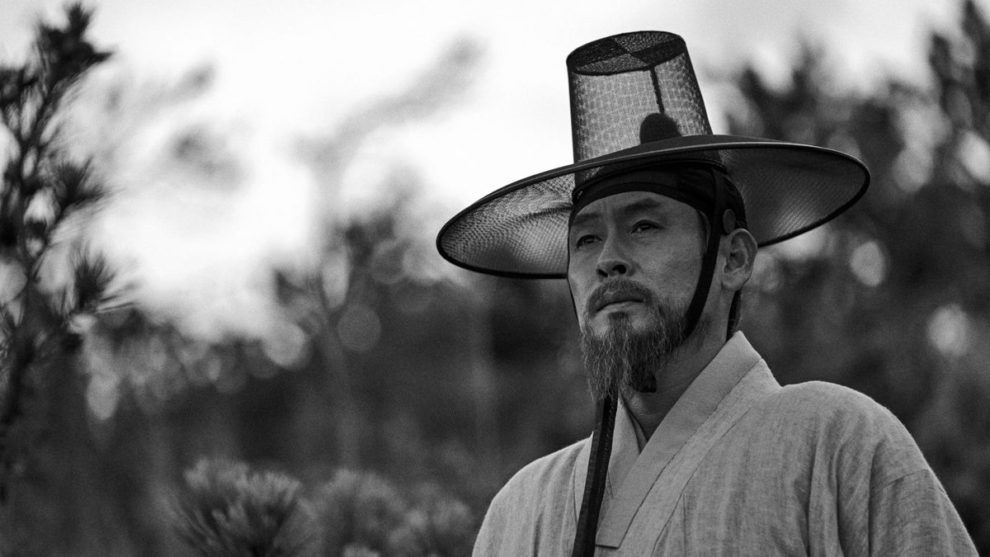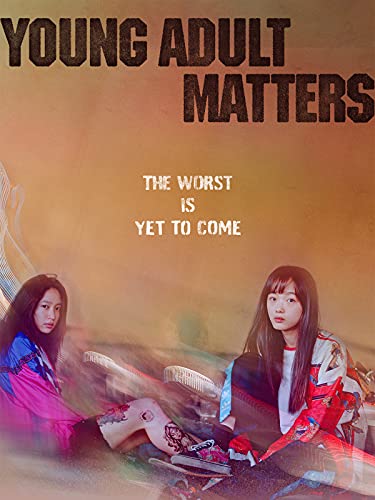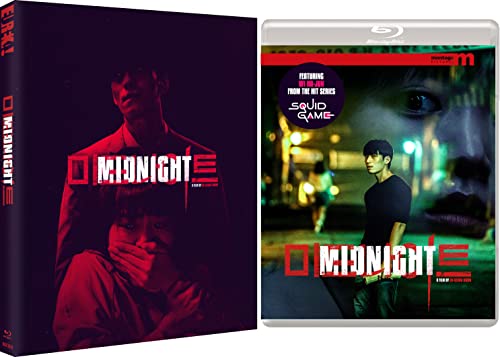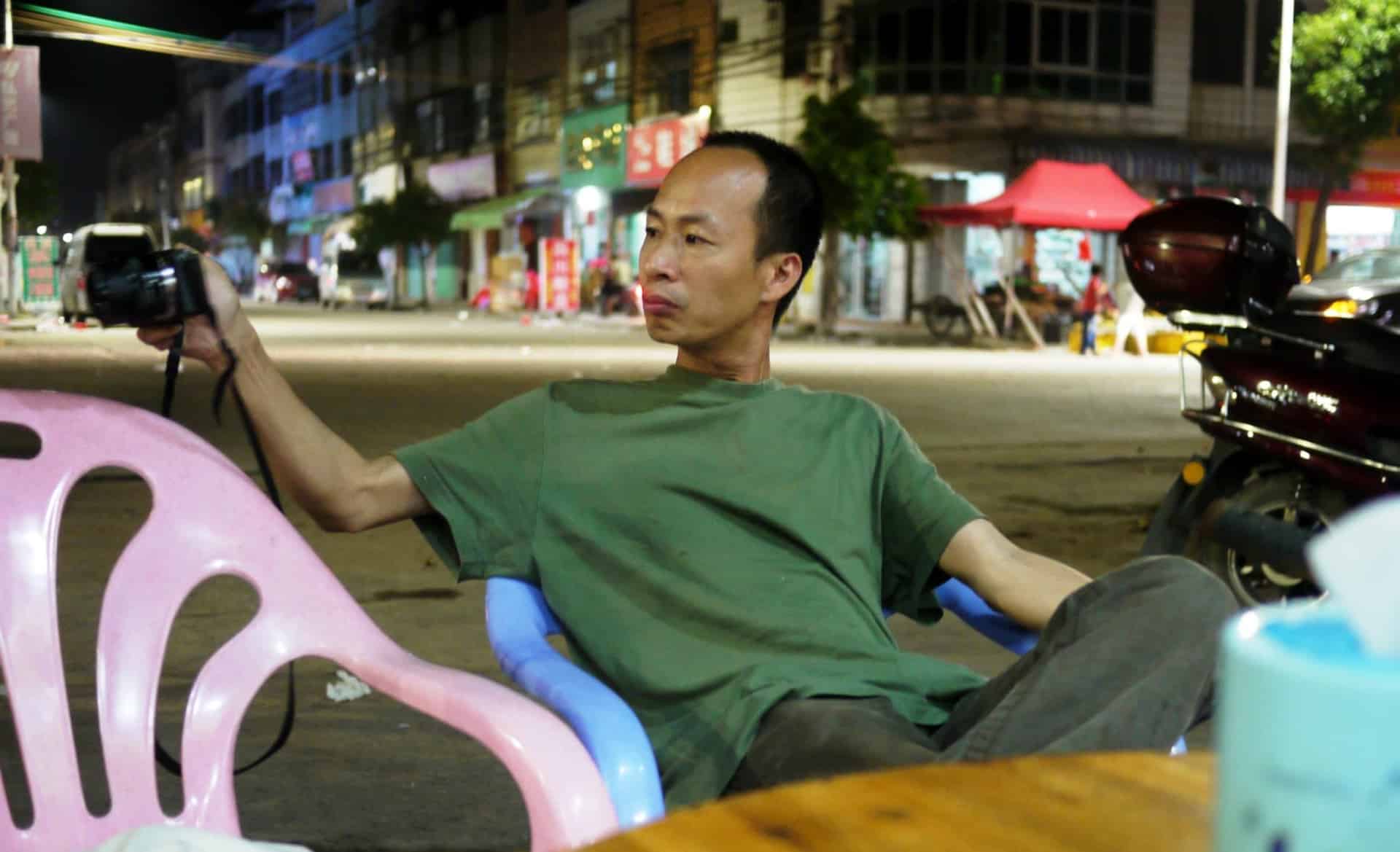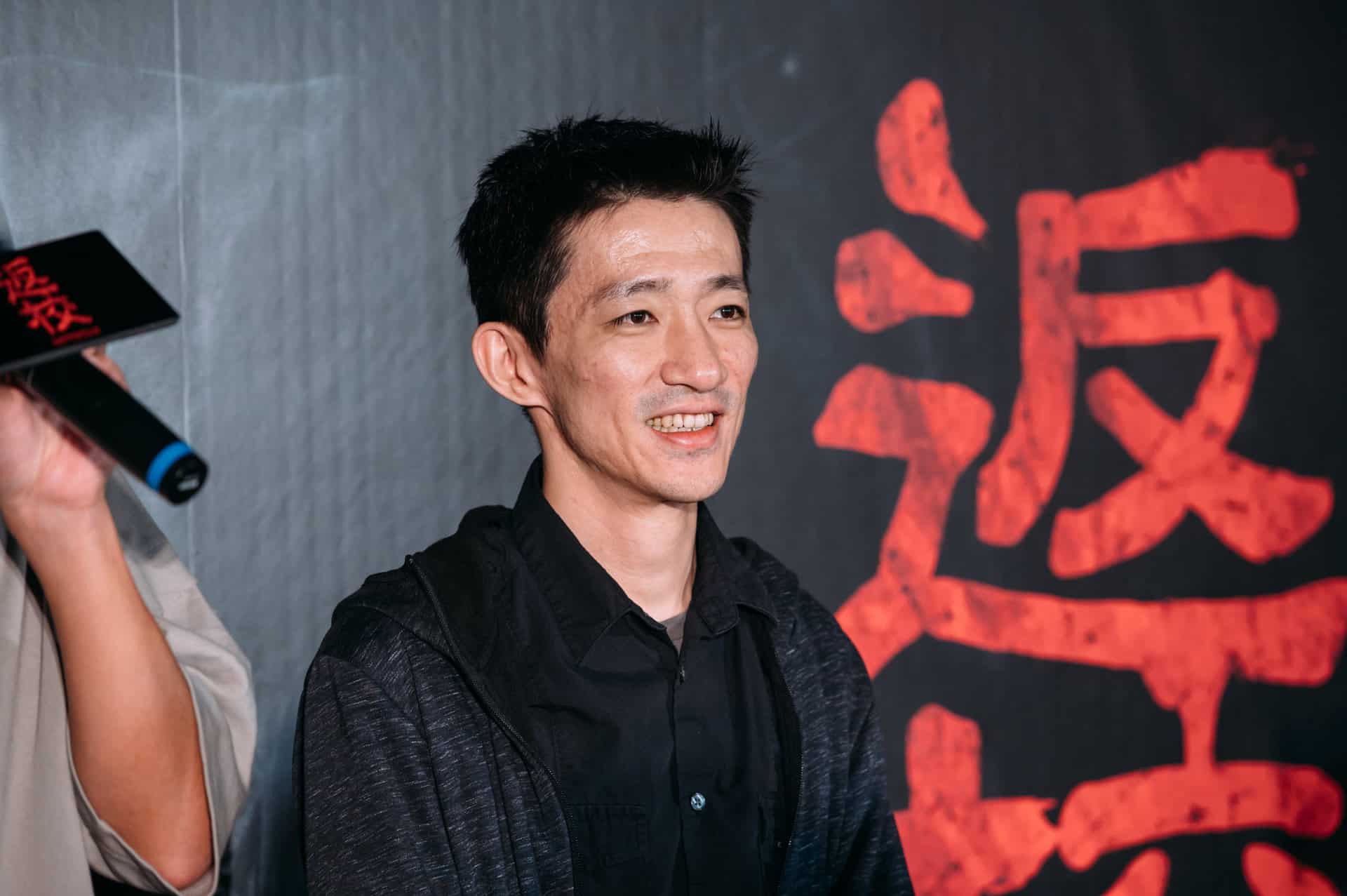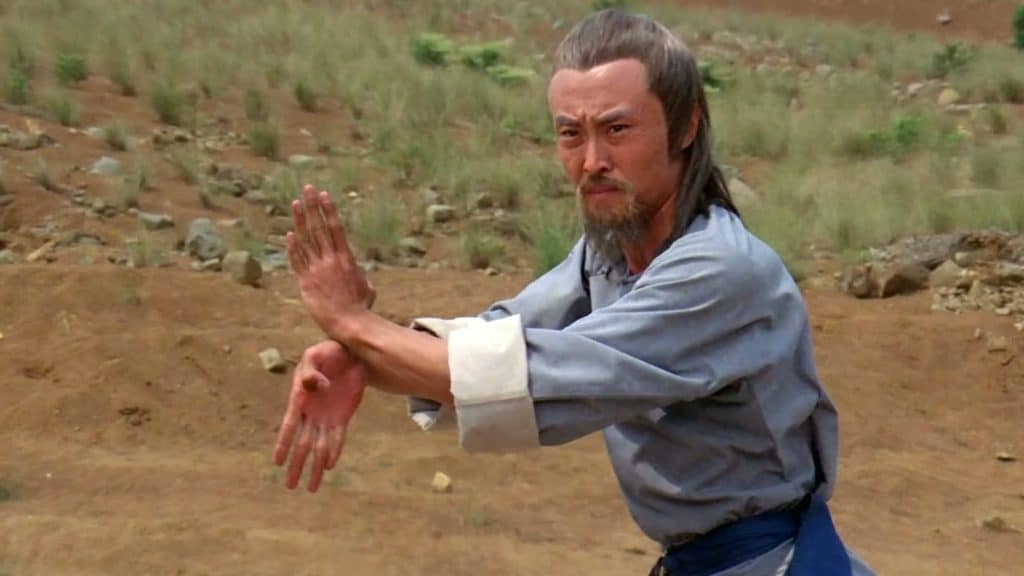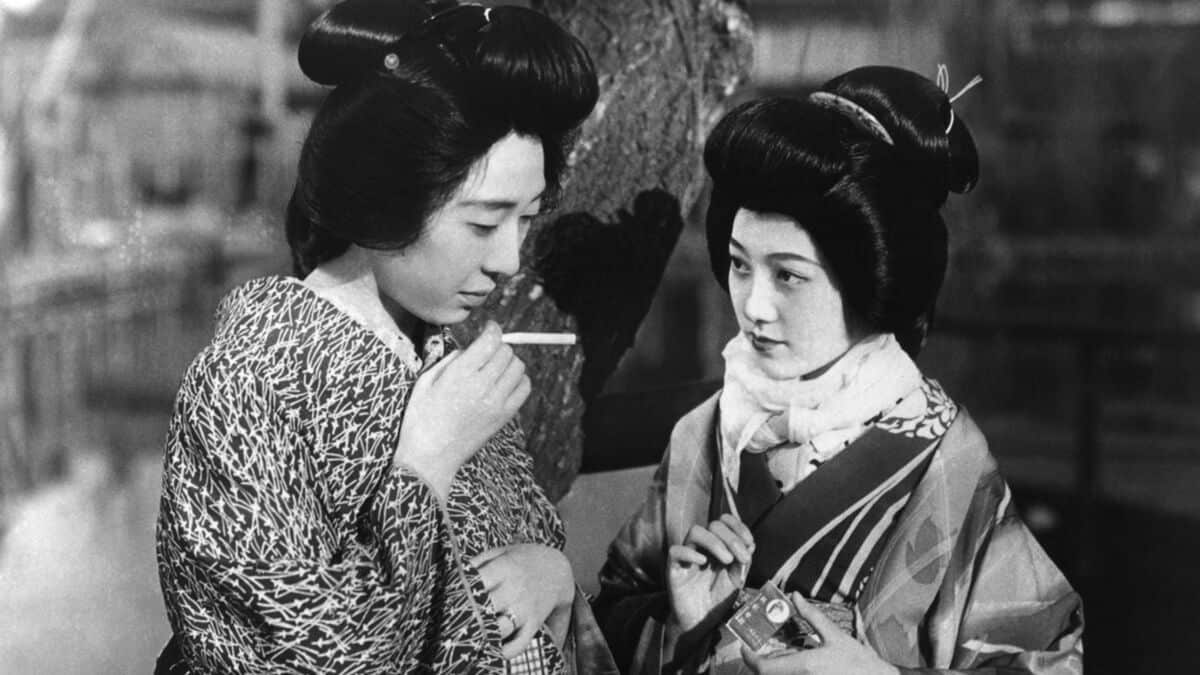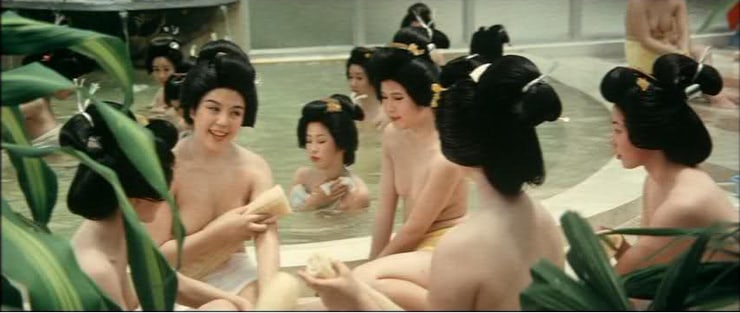After a great couple years that 2019 and 2020 were for South Korean cinema, big things were expected in 2021. With the virus situation calming down briefly and providing some relief, it looked set to be a promising year, as productions that were halted kicked back into gear and high-profile films that were awaiting release finally started to find their way back to the theatres. However, in terms of the quality of the output that we received, it would be safe to say that the industry could not quite capitalise on the success of the preceding two years and in fact can be seen taking a step back in 2021.
In any case, from what we did get, here are the best South Korean film of 2021, in reverse order. Some films may have premiered in 2020, but since they mostly circulated in 2021, we decided to include them.
15. Hard Hit (Kim Chang-ju)
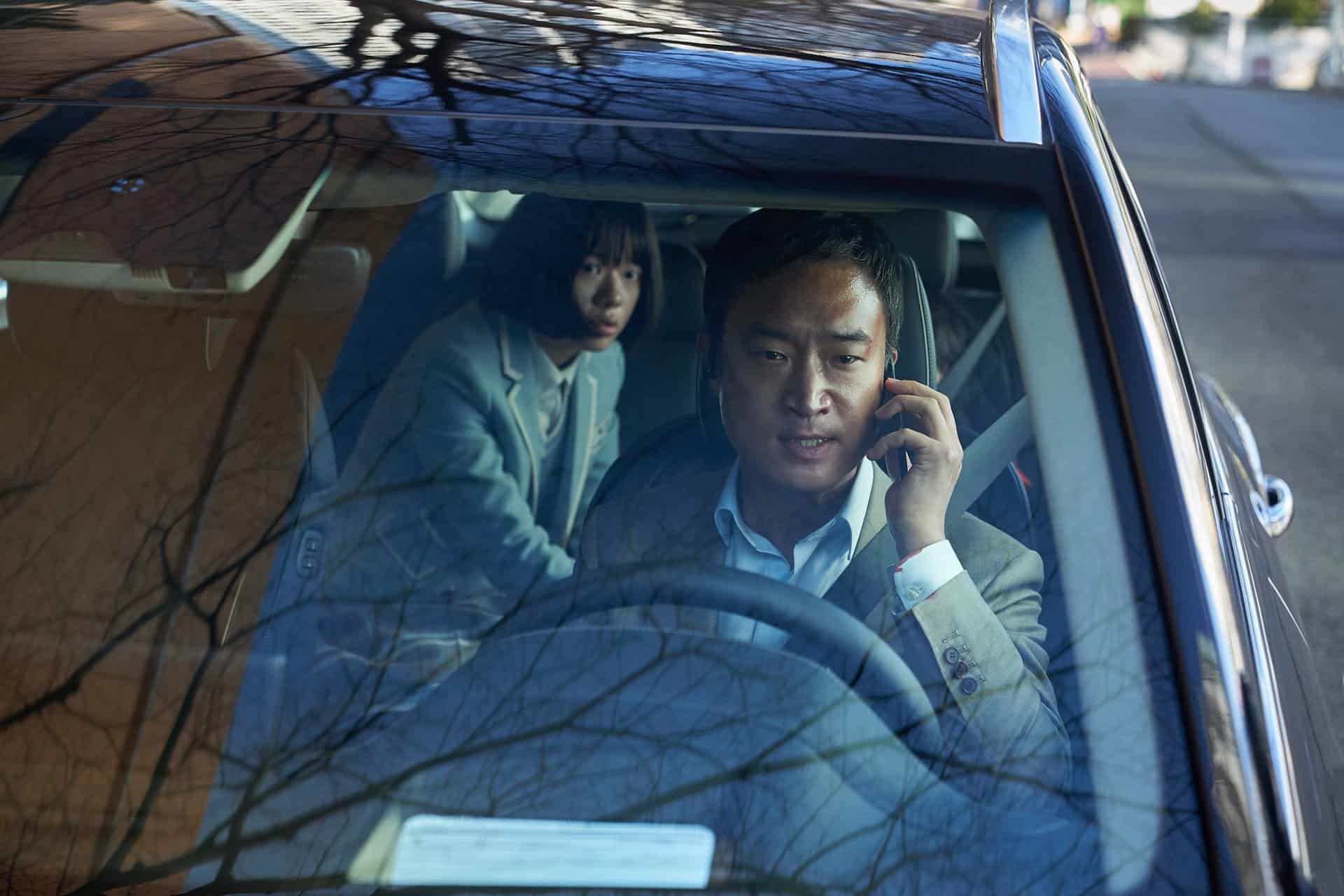
Busan plays racetrack for the story, and the port city is an excellent choice to set this Korean adaptation in, taking Sung-kyu and his family into crowded, traffic-heavy streets and all the way to the very edge of the city all the way onto the beach, with Kim Tae-soo's cinematography making the most of these picturesque public exteriors. The car chase sequences are also well shot and sharply edited by Kim Chang-ju himself, whose editing skills are on good display yet again, keeping the thriller accelerating ahead and on track. Music often plays a key role in these productions and Kim Tae-song's work is no different, not limiting itself to genre sensibilities and trying something new while also amplifying the overall tension of the narrative. (Rhythm Zaveri)
14. Ten Months (Sun Namkoong)
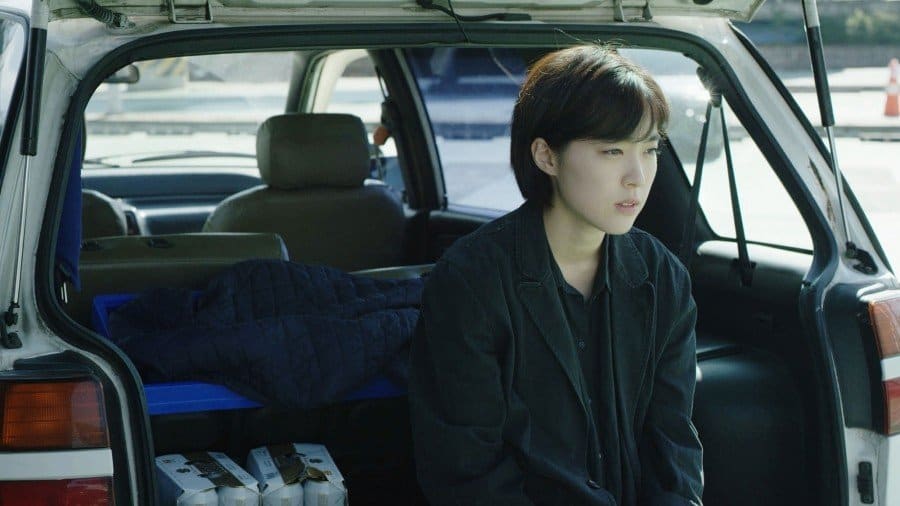
Sun Namkoong's own editing induces the movie with a relatively fast pace, that works quite well for the indie nature of the title, while occasionally her cuts become part of the humor through their abruptness. The cinematography includes some interesting frames, particularly during the visits to the doctors, but in general, simply focuses on realism without any kind of exaltation. “Ten Months” is a very interesting and entertaining indie film that could also be perceived as a caution tale regarding youths deciding to have children, particularly when they have not thought it through beforehand. (Panos Kotzathanasis)

13. Young Adult Matters (Lee Hwan)
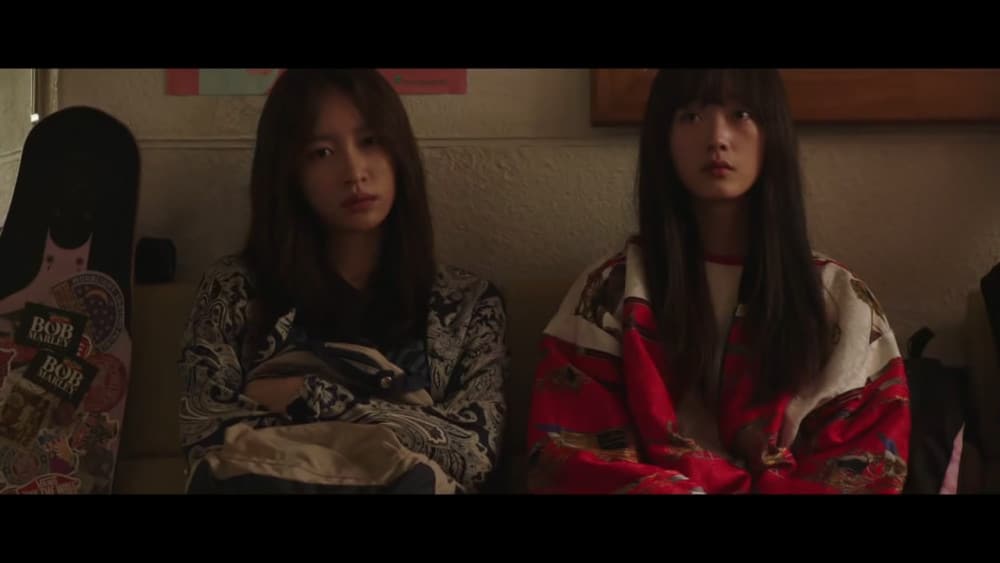
At the same time, however, the adventures Se-jin and her friends experience also serve a distinct, frequently militant purpose, of criticizing all the major institutions that form the world of the grown-ups, in an approach that could be described as blasphemous on occasion. School, parents, religion (church) all get their share here, with the overwhelming majority of grown-ups in the movie presented as people willing to exploit the youth for their own, frequently despicable gain. At the same time however, the critique also includes the youths themselves, who seem to roam without their purpose inside their own lives, with the frustration emerging from the fact that they have no kind of guidance in their lives, eventually resulting in violence, with them being both the victims and the perpetrators on occasion. (Panos Kotzathanasis)
Watch This Title
on Amazon
12. Midnight (Kwon Oh-seung)
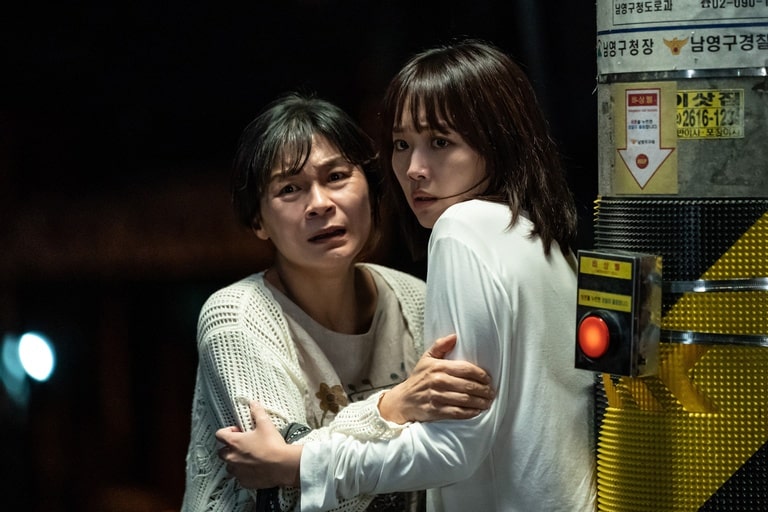
Kwon Oh-seung, who wrote the screenplay himself, manages to make a narrative that's filled with plenty edge-of-the-seat moments as the killer chases after his target, who can't hear him coming, who in turn is chased by Jong-tak, who is desperate to reach his sister before time runs out for her. In that sense, if Na Hong-jin had not already named his debut feature “The Chaser”, this would have been an apt title for Kwon's debut, with a large part of the runtime dedicated to Do-sik's attempts to catch up on Kyeong-mi and finish what he started. Speaking of “The Chaser”, Do-sik, the calm and composed killer with a lot of personality, often reminds of Ha Jung-woo's iconic role in the 2008 film, particularly in the scenes of his interactions with the police. The fact that the character, for the most part, seems like a well-researched depiction of a psychopath works in the feature's favour. (Rhythm Zaveri)
Buy This Title
on Amazon
11. Fanatic (Oh Se-yeon)
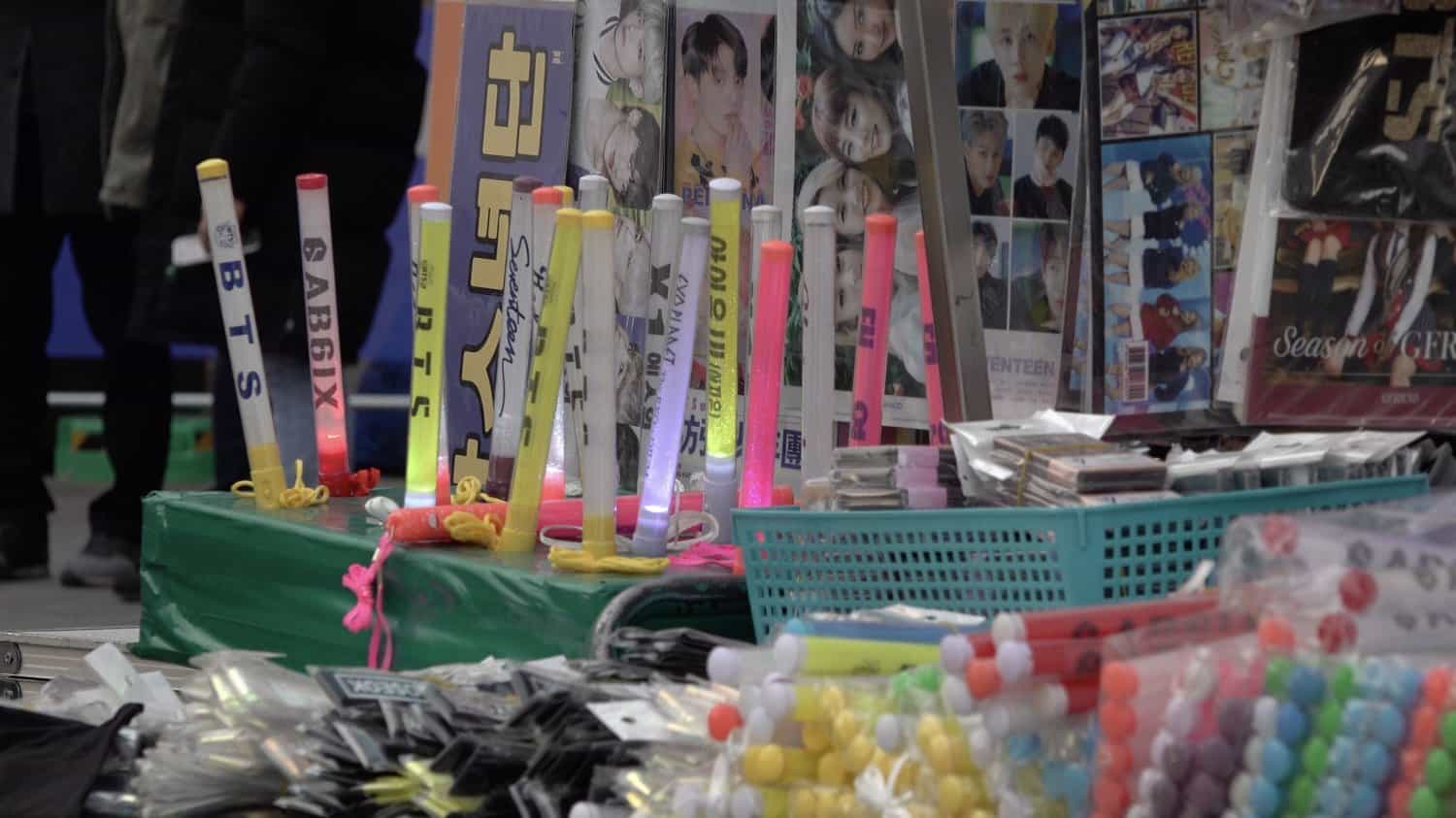
The concept of the pop idols and the impact they have on their fans has been examined repeatedly in cinema, particularly in Asian movies like “BNK48: Girls Don't Cry” and “Tokyo Idols”. The impact the phenomenon has on the fans, however, has been examined rather epidermically, with the films that focus on the concept as a whole essentially perceiving them as parts of a mass rather than individual entities. Oh Se-yeon, herself a fan, or ′seongdeok′ (successful fan) as is the term frequently used in Korea, attempts to reverse this notion, by focusing on a number of people with similar experiences with her. (Panos Kotzathanasis)

10. Through My Midwinter (Oh Seong-ho)
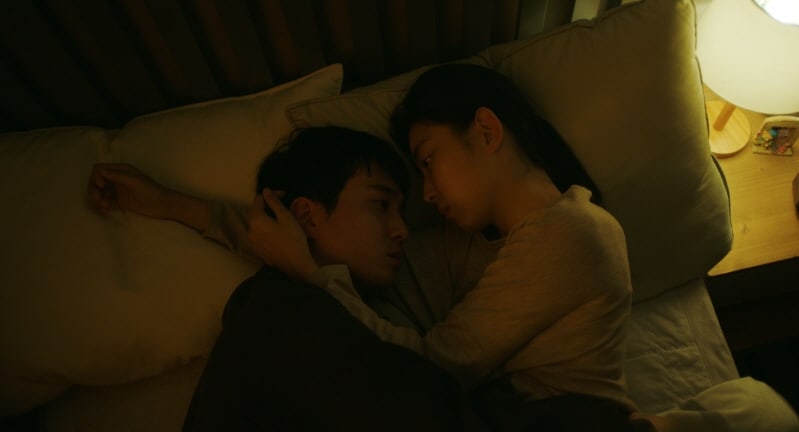
Oh Seong-ho treads familiar, almost safe waters here, but his own screenplay is an honest portrayal of a relationship in decline, of dreams shattered and of changing priorities. Both Kyung-hak and Hye-jin are earnest individuals, but the odds are stacked against the two and as dreams fade and priorities change, life becomes more about surviving, not just for them individually but also as a couple. Kyung-hak's efforts to pay of his mother's debt soon makes money the driving force in his life, understandably so. Hye-jin, meanwhile, settles for a job lesser than what she knows she's qualified for, and his mother's and co-workers' nagging does little to reassure her about her future with her boyfriend. The hard job market for young individuals, the difficulties of getting into government jobs (a strong career security in South Korean society) and these hardships lead to money ultimately dictating how people's careers and lives go is all depicted with efficiency. (Rhythm Zaveri)
9. Aloners (Hong Sung-eun)
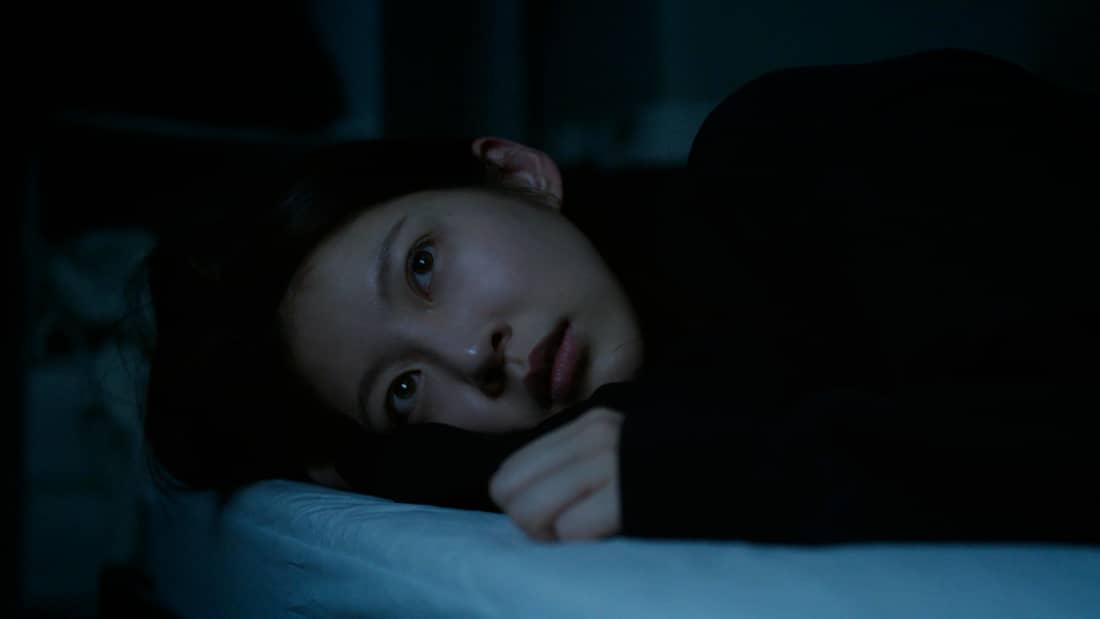
On the surface, “Aloners” is a subtle drama about a woman and loneliness in the modern urban landscape, but Hong Sung-eun has created something which is quite fascinating and more than once even borders on being a ghost movie. The numerous callers in her office, her neighbor as well as her own parents have become more or less ghosts to the young woman, who has, for some reason, decided to stay away from social interaction, especially as her life is fine without it and no one demands it of her. Gong Seung-yeon delivers one of the year's best performances, playing the role of an outsider (or ghost) by choice, but who is forced to change her ways. Rather than relying on melodrama to tell the story, director Hong Seong-eun relies on his actors and the minimalist staging of scenes to, for example, emphasize how one can become a ghost and a stranger to the world around her. (Rouven Linnarz)
Buy This Title
on YesAsia
8. Three Sisters (Lee Seung-won)
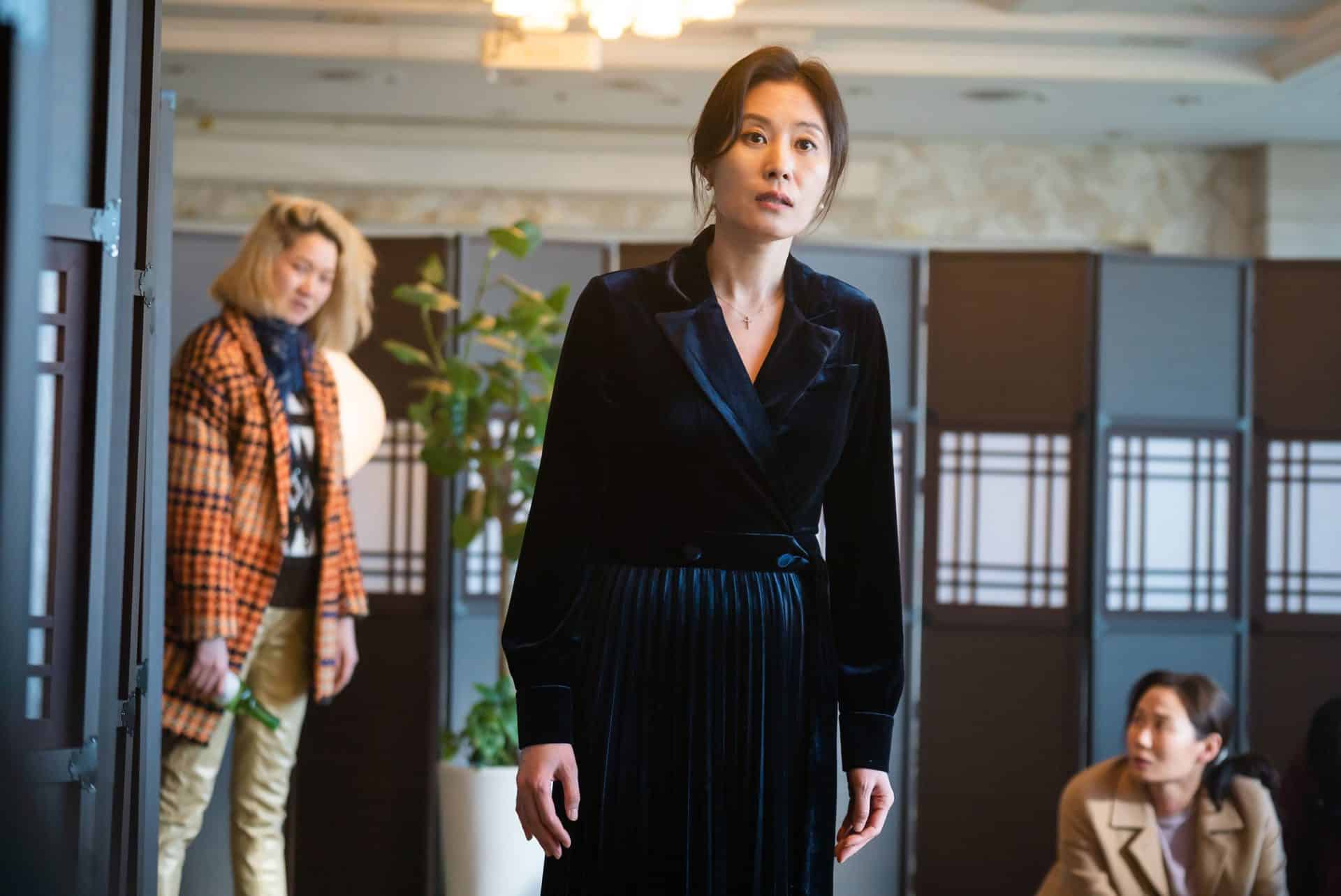
Lee Seung-won directs from his own screenplay a feature that manages to be a number of things. Primarily, it is and excels as a family drama that could not be misplaced in Japanese cinema. All three sisters' familial lives are in shambles one way or another and Lee uses genuine issues to highlight them well. Lee also includes several comedic scenes as well as social commentary, none of which feels forced. As the final act rolls on, themes like domestic violence are explored, which are used well to denote how even though the three sisters may have completely different lives from each other now, the same domestic life they all lived as little girls with their father went on to shape their own adulthood and their own families today. (Rhythm Zaveri)
Buy This Title
on YesAsia
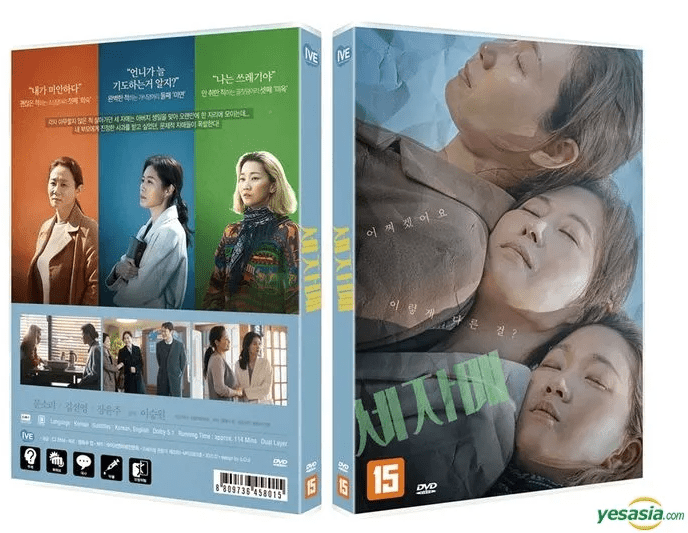
7. The Girl on a Bulldozer (Park Ri-woong)
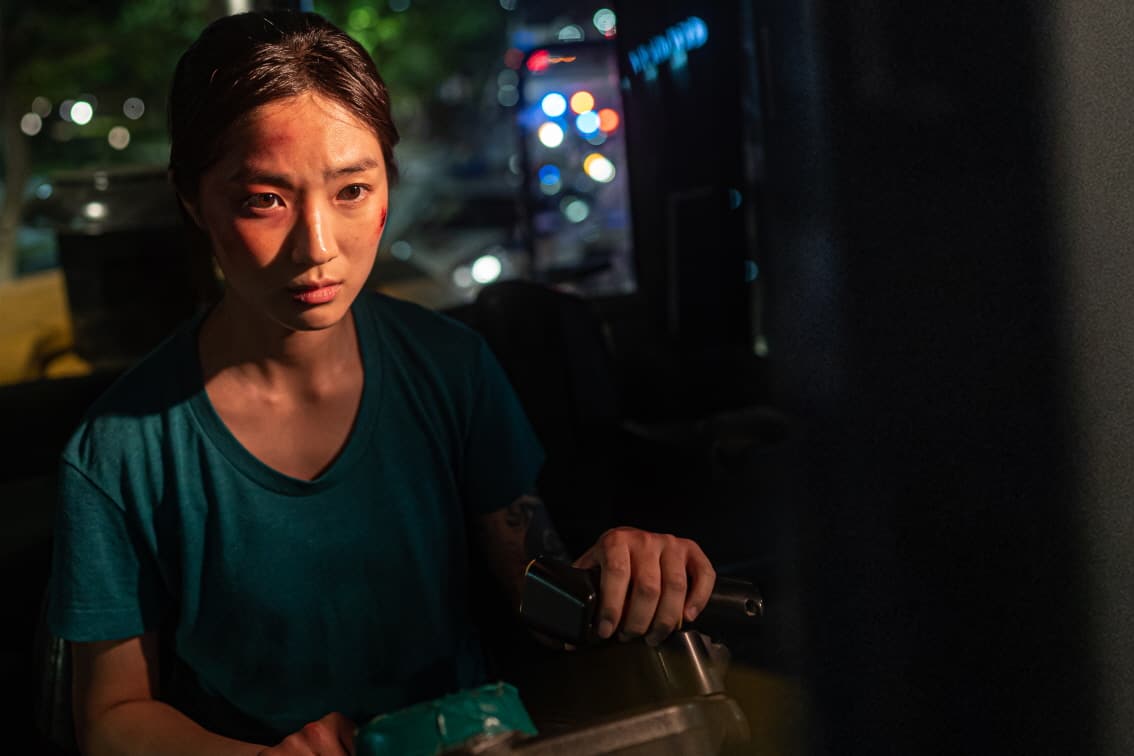
The cinematography stays true to the production's indie roots and the sparsely used music has a few moments of impressiveness, but “The Girl on a Bulldozer” proves an effective debut from Park Ri-woong, thanks to a very well-written character and a compelling and constantly progressing story, all of which is anchored by a superb lead performance from Kim Hye-yoon. Both she and director Park are names to be on the lookout for. (Rhythm Zaveri)
6. Doom Doom (Jung Won-hee)
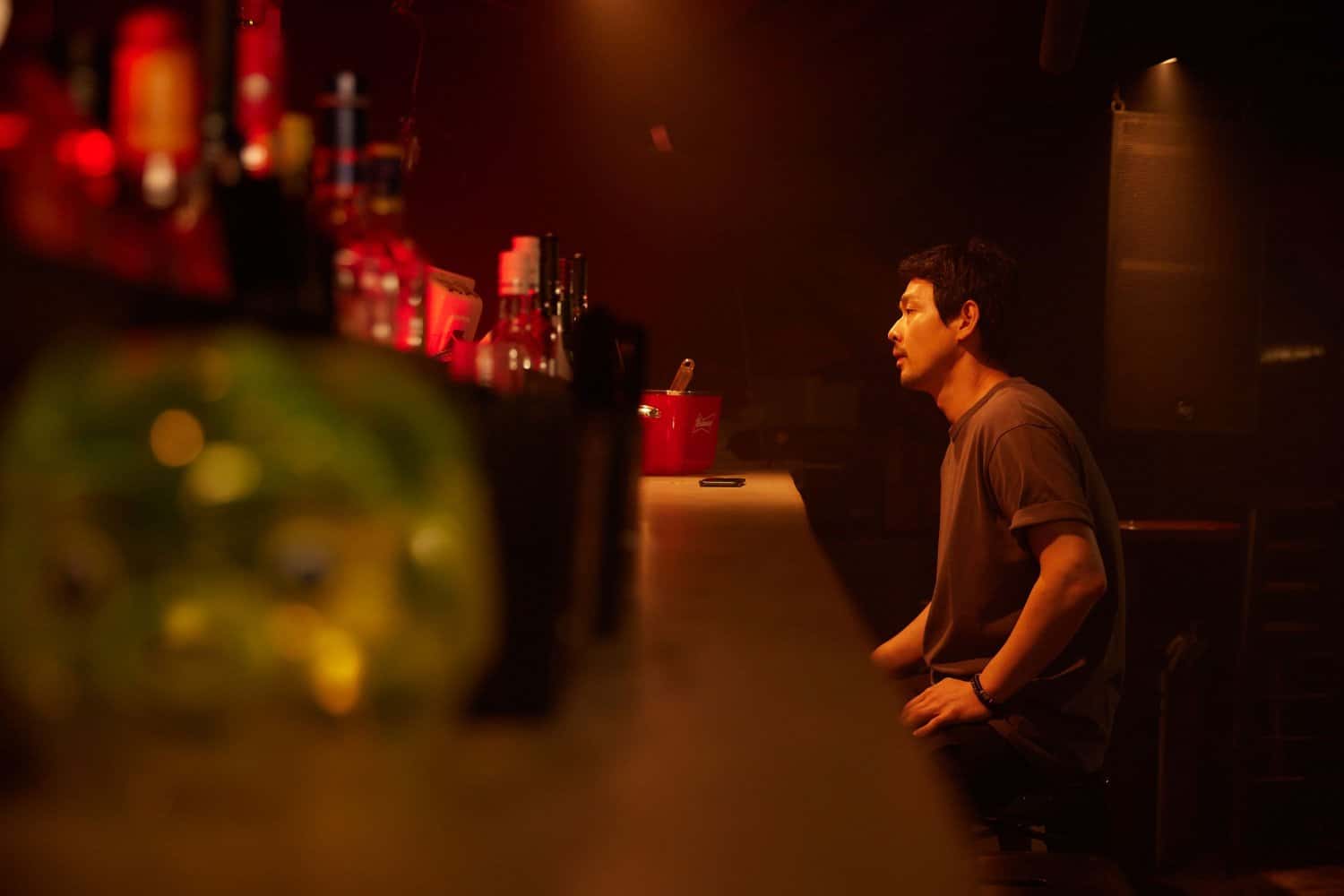
As such, Jung's effort regarding the rest of the narrative focuses on toning down this approach, by introducing a number of themes along with some social comments. Evidently, the music aspect is the most central element in that approach, and essentially the one that allows the movie to stand out from the plethora of similar productions, both due to the excellent soundtrack and for the presentation of club/night life in Korea, which is also where Jung Grim's cinematography finds its apogee. That Covid rules did not allow Jung to have the clubs filled with people detracts a bit from the impact this aspect could have, but in general, the presentation is quite good, while the frames of the DJ booth and the overall work in the lighting will definitely leave an impression. (Panos Kotzathanasis)


